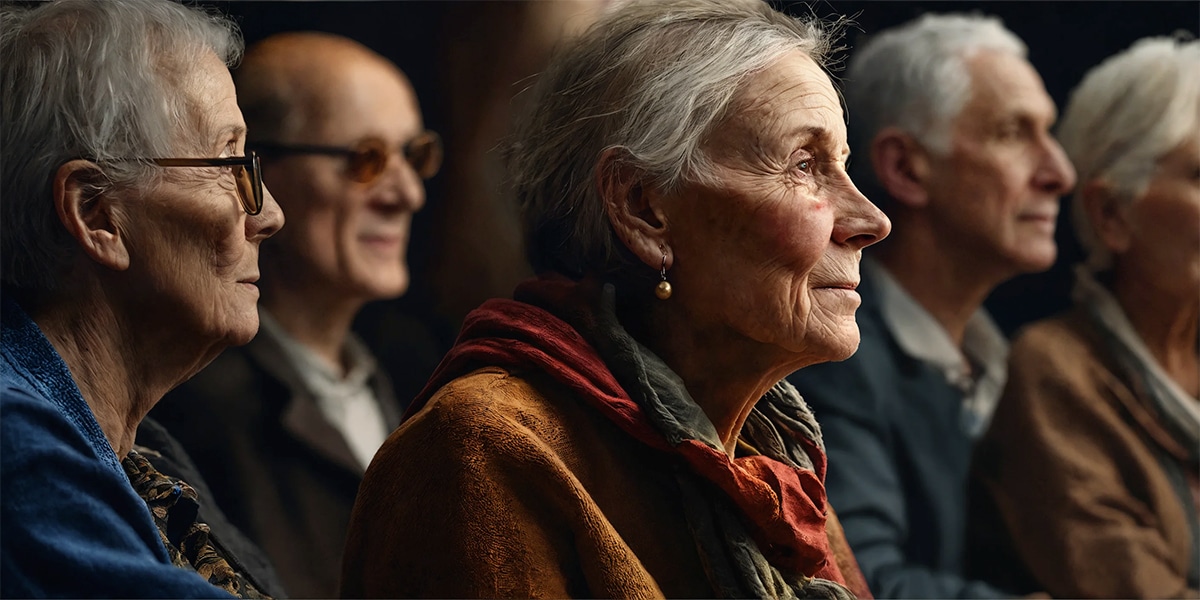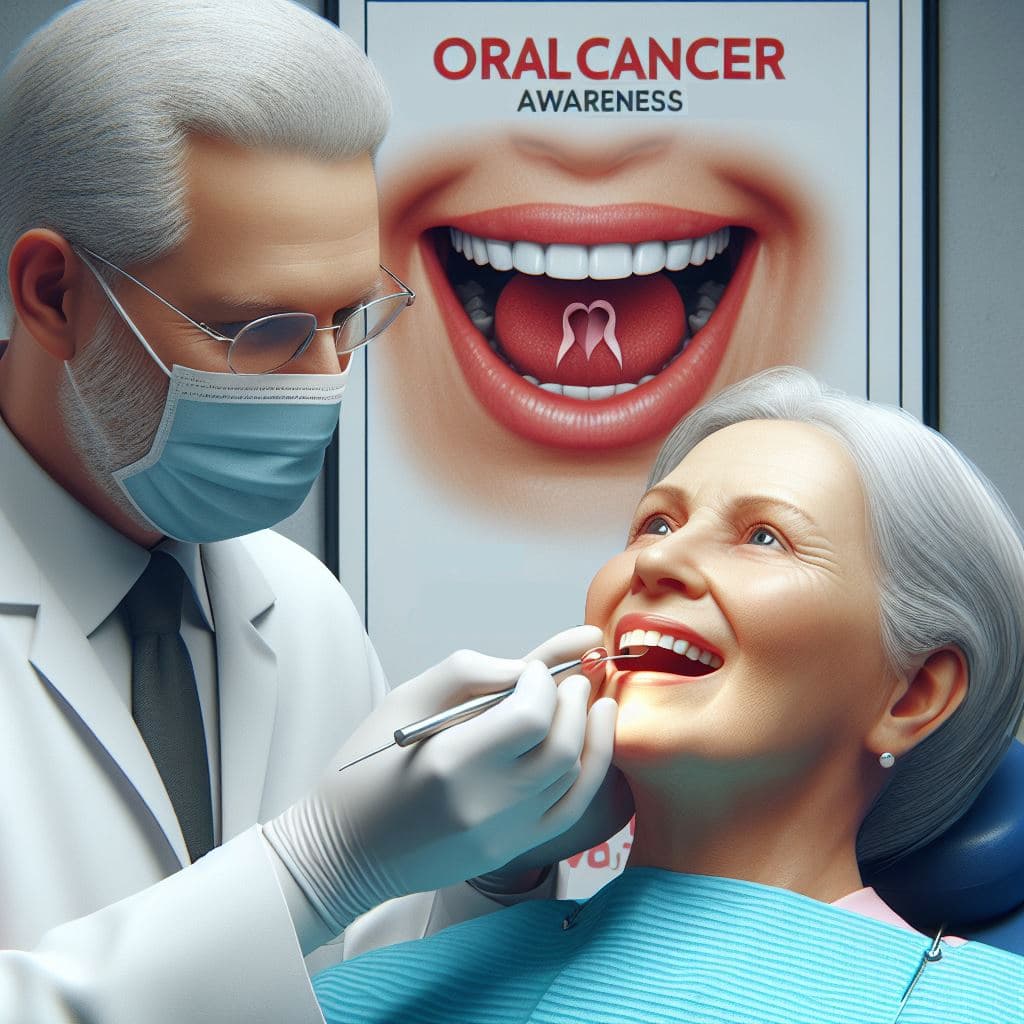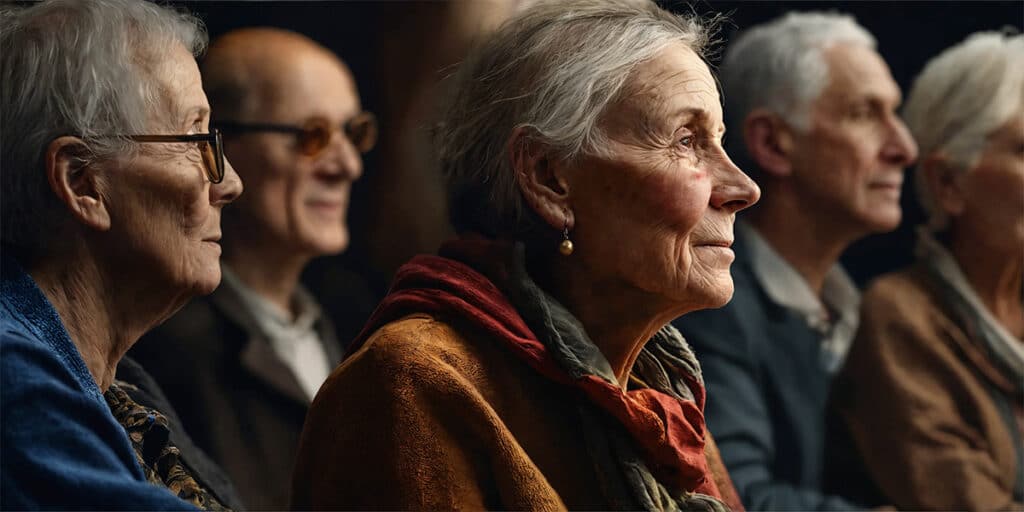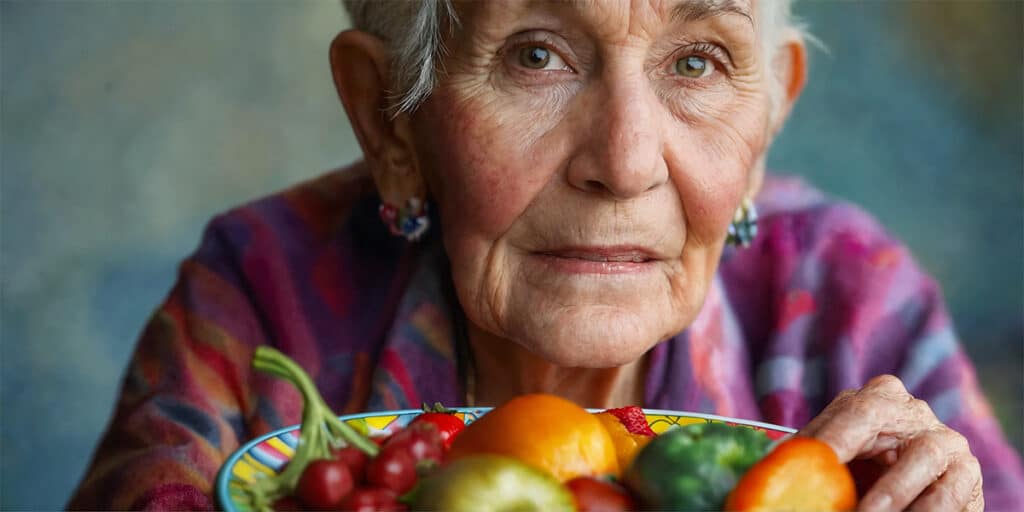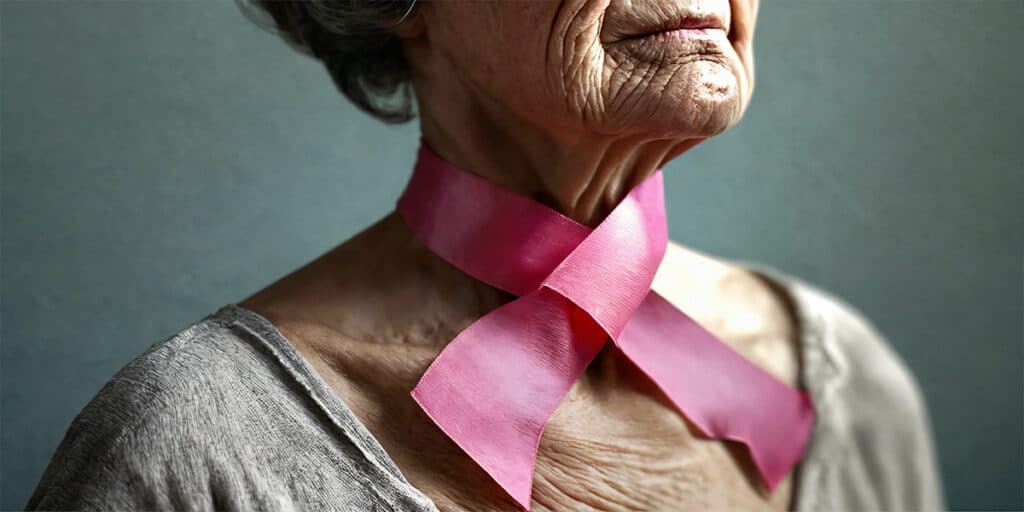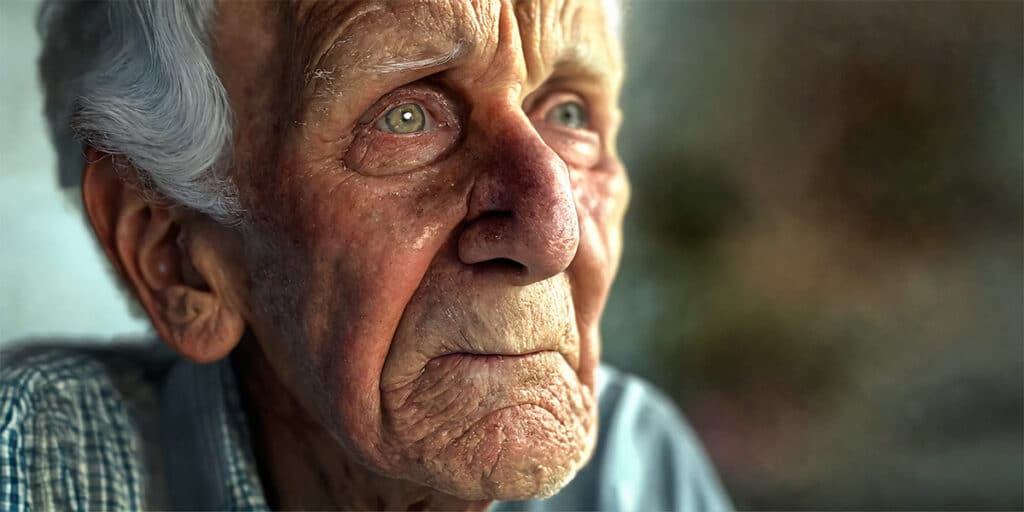- 1. The Critical Role of Awareness in Oral Cancer Prevention
- 2. Spreading Vital Information for a Healthier Future
- 3. Harnessing the Power of Awareness for Oral Cancer Solutions
- 4. Cultivating Compassionate Communities for Oral Cancer Warriors
- 5. Embracing Digital Frontiers to Amplify Oral Cancer Awareness
- 6. Essential Insights from the Frontlines of Oral Cancer Awareness
- 7. Joining the Fight Against Oral Cancer with Awareness Campaigns: Your FAQs Answered
Oral cancer remains one of the significant health challenges among the global population, particularly affecting seniors. Despite advancements in medical science, the battle against this disease is far from over. Awareness campaigns play a crucial role in educating the public, encouraging early detection, and promoting preventive measures.
This guide delves into how joining the fight against oral cancer through awareness campaigns can make a profound difference.
The Critical Role of Awareness in Oral Cancer Prevention
Awareness campaigns serve as a beacon of hope and information, illuminating the lesser-known facts about oral cancer.
- They highlight risk factors like tobacco use, excessive alcohol consumption, and HPV.
- Campaigns demystify symptoms and encourage early medical consultation for suspicious signs.
Spreading Vital Information for a Healthier Future
At the heart of combating oral cancer is the crucial step of empowering communities with knowledge. Awareness initiatives play a pivotal role in this empowerment process, equipping individuals with the necessary information to recognize risk factors, understand the importance of early detection, and navigate the pathway to seeking prompt medical attention.
These initiatives are designed to break down complex medical information into accessible, actionable insights that resonate with the public. By disseminating knowledge about the symptoms of oral cancer—such as persistent sores, unexplained bleeding, or changes in the mouth—these campaigns make it possible for individuals to act swiftly should they encounter these warning signs.
Moreover, awareness efforts shine a light on lifestyle changes that can significantly reduce the risk of developing oral cancer. Information on the dangers of tobacco use, excessive alcohol consumption, and the benefits of a healthy diet and regular dental check-ups become powerful tools in the hands of the community. This knowledge not only aids in prevention but also fosters a culture of health consciousness and proactive behavior.
The impact of these awareness initiatives on early detection rates cannot be overstated. Studies have shown that communities engaged in regular awareness campaigns exhibit higher rates of early screenings and consultations for suspicious symptoms, directly correlating to improved treatment outcomes.
Furthermore, these initiatives bring about a ripple effect—empowered individuals often become advocates within their circles, further spreading critical information. Success stories from such campaigns highlight how a single seminar, workshop, or social media post can lead to early diagnosis and successful treatment for many, underscoring the profound effect of knowledge dissemination on community health.
Harnessing the Power of Awareness for Oral Cancer Solutions
In the fight against oral cancer, awareness campaigns emerge as a formidable ally, providing a suite of solutions designed to tackle this disease head-on. Through a combination of educational initiatives, digital outreach, and community engagement, these campaigns create a multifaceted approach to reducing the incidence and impact of oral cancer across diverse populations.
Educational Workshops and Seminars
At the core of many awareness campaigns are the educational workshops and seminars led by skilled healthcare professionals. These gatherings serve as a crucial platform for disseminating knowledge about oral cancer, its risk factors, and the paramount importance of early detection. Participants are taught how to recognize the early symptoms of oral cancer, such as sores that do not heal, persistent throat pain, or changes in the mouth’s appearance. Moreover, these sessions often delve into preventive strategies, highlighting the role of lifestyle choices in mitigating cancer risk. By providing this vital information in an accessible and actionable format, educational workshops empower individuals to take proactive steps towards their health and well-being.
Social Media Campaigns
In today’s digitally connected world, social media campaigns stand out as a powerful tool for raising oral cancer awareness. These campaigns harness the vast reach of platforms like Facebook, Twitter, and Instagram to spread critical messages about oral cancer prevention and the importance of regular screenings. Through engaging content, survivor stories, and interactive discussions, social media initiatives can break down barriers of fear and misinformation, encouraging open dialogues about health. They also offer an avenue to celebrate successes and milestones, such as the anniversaries of survivors’ remission, further humanizing the journey and inspiring action within the digital community.
Free Screening Events
Perhaps one of the most direct solutions offered by awareness campaigns is the organization of free screening events within local communities. Recognizing that cost and accessibility can be significant barriers to early cancer detection, these events provide free oral health checks, making screenings available to all members of the community. Conducted by dental professionals, these screenings are critical for identifying signs of oral cancer at an early stage when treatments are most effective. Beyond detection, these events also serve as an educational touchpoint, offering participants further information on maintaining oral health and preventing cancer.
A Unified Front Against Oral Cancer
Through educational seminars, social media outreach, and free screening events, awareness campaigns offer a comprehensive approach to tackling oral cancer. These initiatives not only educate and inform but also create pathways for early detection and prevention, directly contributing to the reduction of oral cancer rates. By engaging communities, leveraging technology, and providing critical health services, awareness campaigns stand as a testament to the collective effort required to combat oral cancer effectively.
| Strategy | Objective | Method | Outcome | Example |
|---|---|---|---|---|
| Community Workshops | Educate on prevention | Interactive sessions | Increased knowledge | Local health departments |
| Social Media Campaigns | Broaden reach | Posts, stories, hashtags | Wider awareness | #OralCancerAwareness |
| Free Screening Events | Early detection | Mobile clinics, health fairs | Identified at-risk individuals | Community health centers |
| Survivor Testimonials | Inspire and educate | Video interviews, blogs | Emotional engagement | Survivor’s YouTube channel |
| Partnerships with Schools | Target young adults | Educational programs | Preventive behaviors | High school health classes |
Cultivating Compassionate Communities for Oral Cancer Warriors
Awareness campaigns go beyond merely informing the public about oral cancer; they play a pivotal role in knitting together a fabric of support for patients and survivors. This network of compassion and understanding is essential, offering a sanctuary for those navigating the tumultuous journey of cancer treatment and recovery. Through the blend of personal stories, expert insights, and community engagement, these campaigns foster an environment where individuals can find solace, strength, and support.
Personal Stories: The Heart of the Community
One of the most powerful aspects of these support networks is the sharing of personal stories. For instance, Sarah, a two-year oral cancer survivor, shares her journey at various awareness events, providing a beacon of hope for those newly diagnosed. “Hearing someone’s story that mirrors your own fears and hopes can be incredibly uplifting,” Sarah reflects. Such testimonials offer not just comfort but also practical advice on navigating treatment, side effects, and the emotional rollercoaster that accompanies a cancer diagnosis.
Expert Insights: Guiding Lights
Healthcare professionals, including oncologists, nurses, and counselors, contribute significantly to these supportive communities. Their expert opinions and medical advice offer a solid foundation for patients seeking information and reassurance. Dr. Emily Robertson, an oncologist specializing in head and neck cancers, often participates in awareness forums to demystify treatment processes and advocate for mental health support. “It’s crucial for patients to understand they have a team rooting for them, ready to provide the care and support they need,” says Dr. Robertson. This professional involvement ensures that patients and survivors receive accurate, up-to-date information and feel less isolated in their experiences.
Community Engagement: A Network of Care
Awareness campaigns facilitate community engagement through events, workshops, and social media, creating spaces where patients, survivors, and their families can connect. These platforms encourage the exchange of resources, from finding the best local support groups to recommendations for managing side effects. Moreover, they can mobilize community resources, such as fundraising for patients struggling with medical expenses or organizing volunteer services for those in need of transportation or household help during treatment.
The Power of Connection
The supportive network that awareness campaigns help build stands as a testament to the power of connection in the face of adversity. Whether through personal anecdotes that inspire, expert advice that guides, or community support that uplifts, these networks ensure that no one has to face oral cancer alone. They underscore the message that, beyond the statistics and medical jargon, there are real people with real stories of resilience, courage, and hope. By fostering these connections, awareness campaigns do more than fight a disease—they nurture a community of warriors and survivors.
Embracing Digital Frontiers to Amplify Oral Cancer Awareness
In the ongoing battle against oral cancer, leveraging the latest in technology and innovation stands at the forefront of awareness efforts. The digital era offers unparalleled opportunities to reach wider audiences, transcending geographical boundaries and breaking down barriers to information accessibility. This section explores how awareness campaigns are harnessing digital tools and creative strategies to enlighten, engage, and empower individuals on a global scale.
Digital Platforms: The New Agora
Social media platforms, websites, and mobile apps have become the modern-day agora for sharing knowledge and fostering community support. Through these channels, awareness campaigns can distribute a wealth of information on oral cancer prevention, early detection, and treatment options. Animated videos that explain complex medical concepts in simple terms, interactive infographics that highlight risk factors, and webinars featuring medical experts provide engaging ways to educate the public. For instance, an awareness campaign utilizing an app that reminds users to perform monthly oral self-examinations has significantly increased engagement in preventive practices.
Virtual Reality: A Window into Understanding
Virtual reality (VR) technology offers an immersive experience that can transform how individuals learn about oral cancer. By simulating the perspective of both patients and healthcare professionals, VR experiences foster a deeper understanding of the disease’s impact, the importance of early detection, and the treatment journey. This innovative approach not only educates but also builds empathy, bridging the gap between knowledge and action.
AI and Machine Learning: Personalizing the Message
Artificial Intelligence (AI) and machine learning are being used to personalize awareness efforts, making information more relatable to individuals’ unique circumstances. By analyzing data on user interactions, AI can tailor content to address specific concerns or questions, suggest resources based on user behavior, and even identify patterns that may prompt users to seek screenings. For example, chatbots on awareness campaign websites provide instant, personalized responses to queries, guiding users through their information-seeking journey with precision and empathy.
E-Health Platforms: Empowering Through Accessibility
E-health platforms compile a wide range of resources in one accessible location, offering forums for discussion, directories of local support services, and libraries of educational materials. These platforms ensure that reliable, vetted information is just a click away, empowering users to take informed actions regarding their health. Moreover, they facilitate virtual support groups, allowing individuals affected by oral cancer to share experiences and advice, fostering a virtual community of support.
The Future of Awareness: Interactive and Inclusive
The integration of technology and innovation into oral cancer awareness campaigns is not just about spreading information; it’s about creating interactive, inclusive spaces that invite participation and dialogue. By engaging individuals through digital tools and creative approaches, these campaigns ensure that information is not only accessible but also resonant with a diverse, global audience. This digital engagement strategy marks a new era in public health awareness, one where information technology and human compassion unite to combat oral cancer more effectively.
Essential Insights from the Frontlines of Oral Cancer Awareness
The battle against oral cancer is fought on many fronts, from the clinical settings of hospitals and dental offices to the more communal spaces of support groups and online forums. At the core of this multifaceted fight is the drive to raise awareness—a mission that has the power to transform lives, foster community unity, and inspire action. Here are the key takeaways from our exploration of joining the fight against oral cancer through awareness campaigns.
The Power of Awareness
Awareness is much more than knowledge—it’s a catalyst for change. By shining a light on oral cancer, awareness campaigns educate the public about the importance of early detection, the risks associated with the disease, and the steps individuals can take to lower their risk. This enlightenment has the profound ability to shift perceptions, replacing fear and misinformation with knowledge and empowerment. As people become more informed, they’re more likely to engage in health screenings and adopt preventive measures, actions that can ultimately save lives. The story of Emma, who, after attending an awareness seminar, scheduled her first oral screening in years and caught a precancerous lesion early, underscores the lifesaving potential of awareness.
Community Strength
One of the most remarkable outcomes of awareness campaigns is their ability to knit together communities in the fight against oral cancer. These campaigns create a platform for individuals affected by the disease—patients, survivors, families, and healthcare professionals—to connect, share their experiences, and offer support to one another. This communal strength provides not only emotional solace but also a collective wealth of knowledge and resources. Community events, whether in-person or virtual, serve as rallying points that not only spread awareness but also celebrate the resilience of those touched by oral cancer, proving that there is strength in numbers.
A Call to Action
Finally, awareness campaigns serve as a clarion call to action. They remind us that each person has the power to effect change, whether through participating in awareness events, sharing information within their networks, or advocating for public health initiatives. Encouraging individuals to take part in or even initiate awareness efforts in their communities emphasizes that collective action can create a tidal wave of change. For example, Mark, a dental hygienist, inspired by the stories he heard at an awareness workshop, started a local campaign that has since grown into a community-wide annual event. This demonstrates how individual initiative can spark widespread engagement and make a tangible impact in the fight against oral cancer.
Embracing Our Role in the Fight
The journey through understanding and combating oral cancer with awareness campaigns reveals a powerful truth: knowledge, community, and action are our greatest allies. By harnessing the power of awareness, fostering strong support networks, and heeding the call to action, we can all play a part in this crucial fight. Together, we can change outcomes, save lives, and bring hope to those facing oral cancer.
Joining the Fight Against Oral Cancer with Awareness Campaigns: Your FAQs Answered
What are oral cancer awareness campaigns?
Initiatives aimed at educating the public about oral cancer, its risks, prevention, and the importance of early detection.
How can I get involved in an awareness campaign?
Participate in local events, share information on social media, or volunteer with organizations that focus on cancer awareness.
What is the goal of an oral cancer awareness campaign?
To reduce the incidence of oral cancer through education and to encourage early detection and treatment
Can social media really make a difference in awareness?
Absolutely. Social media can significantly expand the reach of awareness messages, engaging a broad and diverse audience.
Why are free screening events important?
They provide access to crucial early detection services for individuals who may not otherwise seek or afford regular dental check-ups.
How do survivor testimonials help in these campaigns?
They offer personal insights into the journey of battling oral cancer, providing hope and urging others to take preventive measures seriously.
What can I do to raise awareness about oral cancer in my community?
Organize or participate in educational seminars, set up informational booths at local events, or distribute flyers and materials in your community.
Are there specific materials I should use for an awareness campaign?
Utilize brochures, videos, and online resources from reputable organizations for accurate and impactful information.
How can schools contribute to oral cancer awareness?
By integrating oral health education into their curriculum and hosting awareness events, schools can instill preventive habits early.
What’s the most important thing to remember when talking about oral cancer?
Emphasize the significance of early detection and regular screenings, as they dramatically increase the chances of successful treatment.
Citations
- “Raising awareness of oral cancer from a public and health professional perspective” by Lorna M.D. Macpherson. This study discusses the approaches used in an attempt to improve oral cancer awareness through national and community-based campaigns. It provides an overview of the effectiveness of interventions aimed at raising cancer awareness and promoting early presentation with cancer symptoms.
- “Knowledge and awareness of oral cancer: A cross-sectional survey in Trieste, Italy” by Katia Rupel, Matteo Biasotto, Margherita Gobbo, Augusto Poropat, Magdalena Theodora Bogdan Preda, Giuseppe Borruso, Lucio Torelli, Roberto Di Lenarda, and Giulia Ottaviani. This study verifies the knowledge on oral cancer and assesses possible differences in awareness and information based on different demographic and subject-related factors.
- “Effectiveness of a social marketing media campaign to reduce oral cancer” by Jennifer M. Watson, Scott L. Tomar, Virginia Dodd, Henrietta L. Logan, and Youjin Choi. This study evaluates a multifaceted social marketing campaign to increase awareness of and screening for oral cancer in African Americans.
- “Challenges of early detection of oral cancer: raising awareness as a key to effective public health strategies” by Eva Baumann, Michael Koller, Jörg Wiltfang, Hans-Jürgen Wenz, Björn Möller, and Katrin Hertrampf4. This study discusses the challenges of early detection of oral cancer and emphasizes the importance of raising awareness as a key to effective public health strategies.

